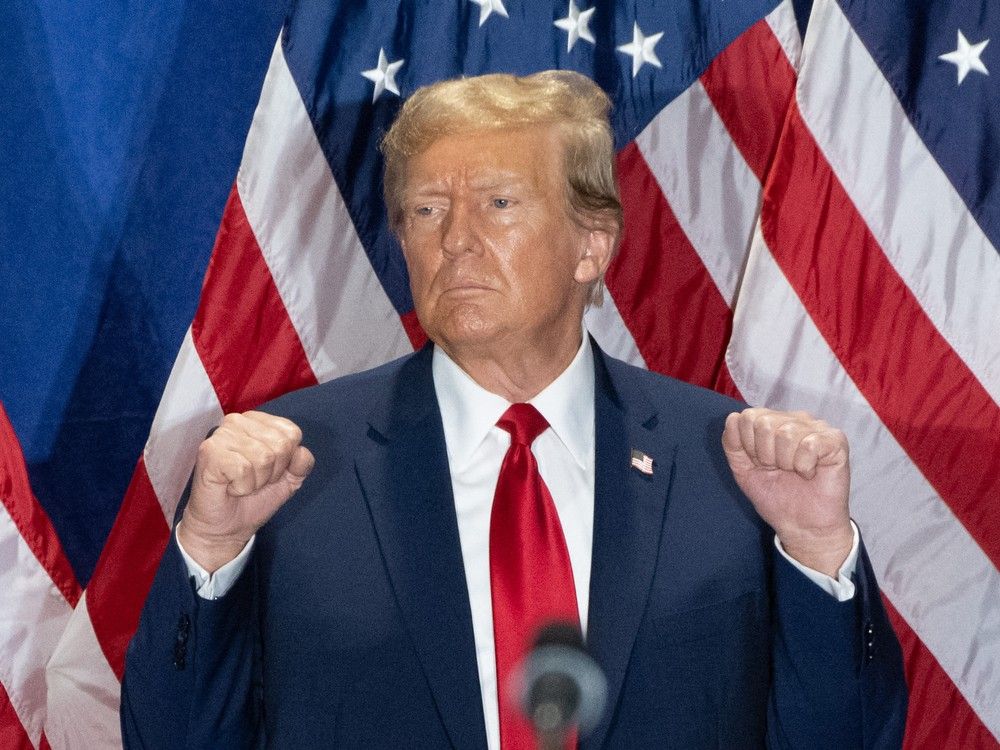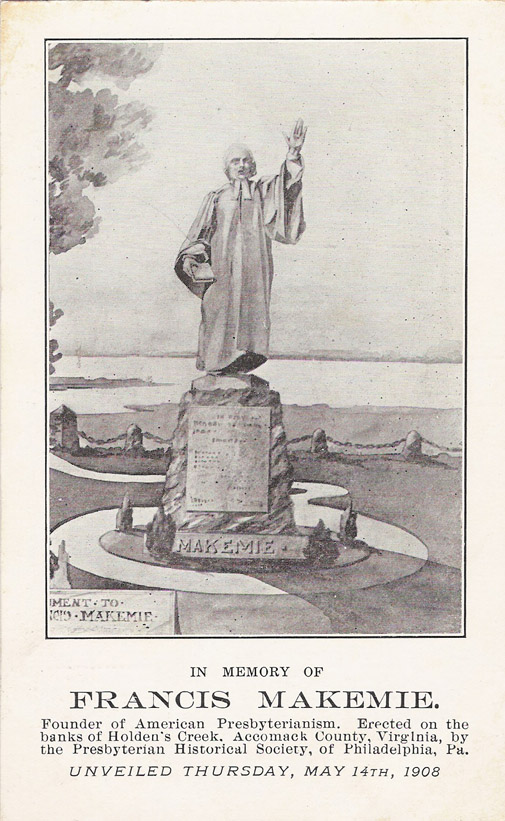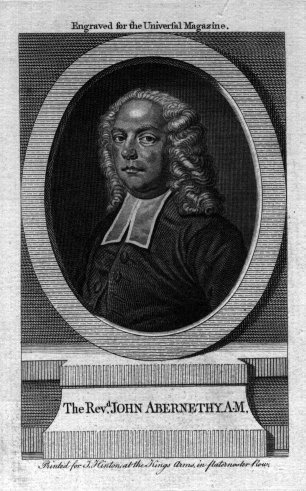- Reaction score
- 8,298
- Points
- 1,160
It is really hard to understand the US if you don't understand the role of religion, and religious toleration, in the development of its constitution.
The first thing to understand is that Protestants felt persecuted by Establishment Catholics. The Protestants separated from the Catholics. The second thing to understand is that there were multiple Protestants and the Establishment that had been Catholic became Establishment Protestants. In both cases, during both the Establishment Catholic and Establishment Protestant regimes the only way to get an Establishment job was to go to an Establishment Church. This meant that Dissenters, Non-Conformist Protestants were locked out of Churches, Schools, choice jobs and choice lands. This mindset carried over to the Americas and was a source of conflict between Establishment Colonies like New York, Virginia and the Carolinas where the Established Church was Anglican, Dissenting Colonies like Massachusetts (Congregationalist), Pennsylvania (Quaker), Georgia (Methodist) and New Jersey (Scots Presbyterian). And then there was Maryland (Catholic).
Given that there was so many views on religion it was impossible to determine a consensus on in which to decide which, if any church should be the Established Church of the State, even if such a thing was desirable.
Thus,
Translation
Congress shall not make one religion the religion of the state, the implication being that it shall not select its officers on the basis of their church. Also every individual was free to go to whichever church they chose and believe as they please. They were free to indulge their consciences as they saw fit.
The separation of church and state meant that the state would not choose favourites. Not that people could not be religious. The opposite was true in fact. Everybody was free to be religious, or irreligious, or anything in between, as they saw fit.
Most Americans of the 18th century believed in a god and most of them called the deity God. There were trinitarians, unitarians and deists and not a few agnostics among the signers.
Today, even among Americans that don't go to a church, many of them still believe in a god, a higher power. That is the background behind this line from the Declaration of Independence -
Nature's God - not a particular God - they could have used The Great Architect Of The Universe but that formulation was already taken.
...
My take - people are allowed to consult their consciences to determine what they individually think is right, and for many people that means consulting their religions and their churches for direction.
The first thing to understand is that Protestants felt persecuted by Establishment Catholics. The Protestants separated from the Catholics. The second thing to understand is that there were multiple Protestants and the Establishment that had been Catholic became Establishment Protestants. In both cases, during both the Establishment Catholic and Establishment Protestant regimes the only way to get an Establishment job was to go to an Establishment Church. This meant that Dissenters, Non-Conformist Protestants were locked out of Churches, Schools, choice jobs and choice lands. This mindset carried over to the Americas and was a source of conflict between Establishment Colonies like New York, Virginia and the Carolinas where the Established Church was Anglican, Dissenting Colonies like Massachusetts (Congregationalist), Pennsylvania (Quaker), Georgia (Methodist) and New Jersey (Scots Presbyterian). And then there was Maryland (Catholic).
Given that there was so many views on religion it was impossible to determine a consensus on in which to decide which, if any church should be the Established Church of the State, even if such a thing was desirable.
Thus,
"Congress shall make no law respecting an establishment of religion, or prohibiting the free exercise thereof;"
Translation
Congress shall not make one religion the religion of the state, the implication being that it shall not select its officers on the basis of their church. Also every individual was free to go to whichever church they chose and believe as they please. They were free to indulge their consciences as they saw fit.
The separation of church and state meant that the state would not choose favourites. Not that people could not be religious. The opposite was true in fact. Everybody was free to be religious, or irreligious, or anything in between, as they saw fit.
Most Americans of the 18th century believed in a god and most of them called the deity God. There were trinitarians, unitarians and deists and not a few agnostics among the signers.
Today, even among Americans that don't go to a church, many of them still believe in a god, a higher power. That is the background behind this line from the Declaration of Independence -
the separate and equal station to which the Laws of Nature and of Nature's God entitle them"
Nature's God - not a particular God - they could have used The Great Architect Of The Universe but that formulation was already taken.
...
My take - people are allowed to consult their consciences to determine what they individually think is right, and for many people that means consulting their religions and their churches for direction.








